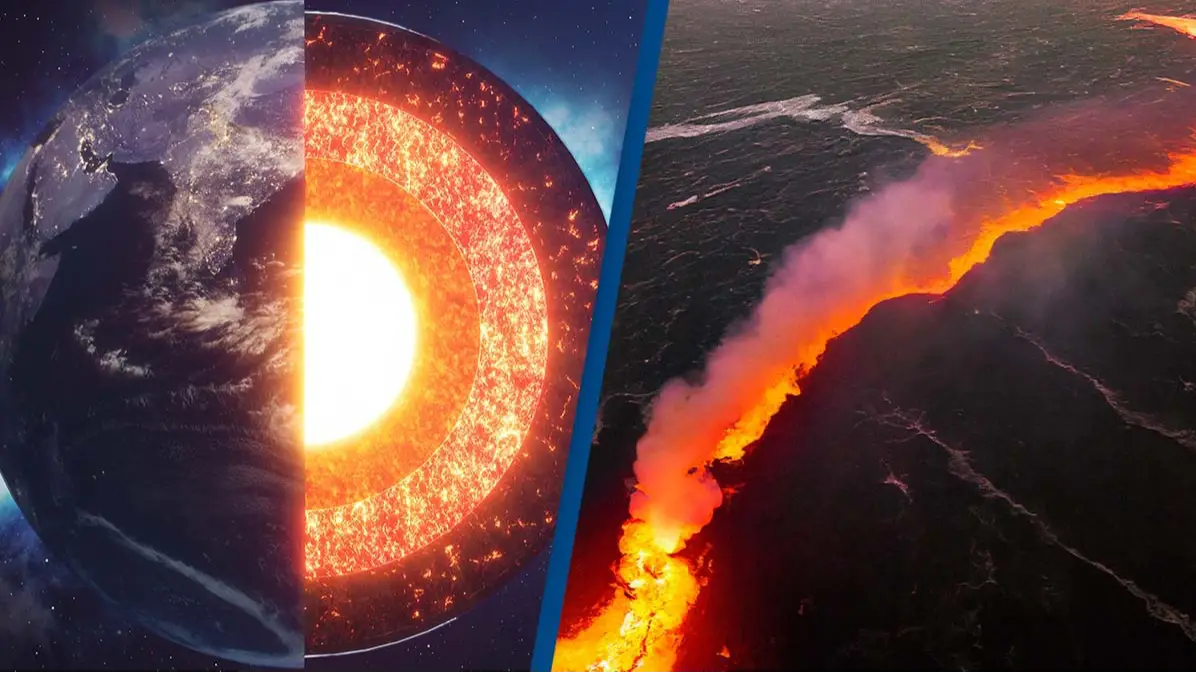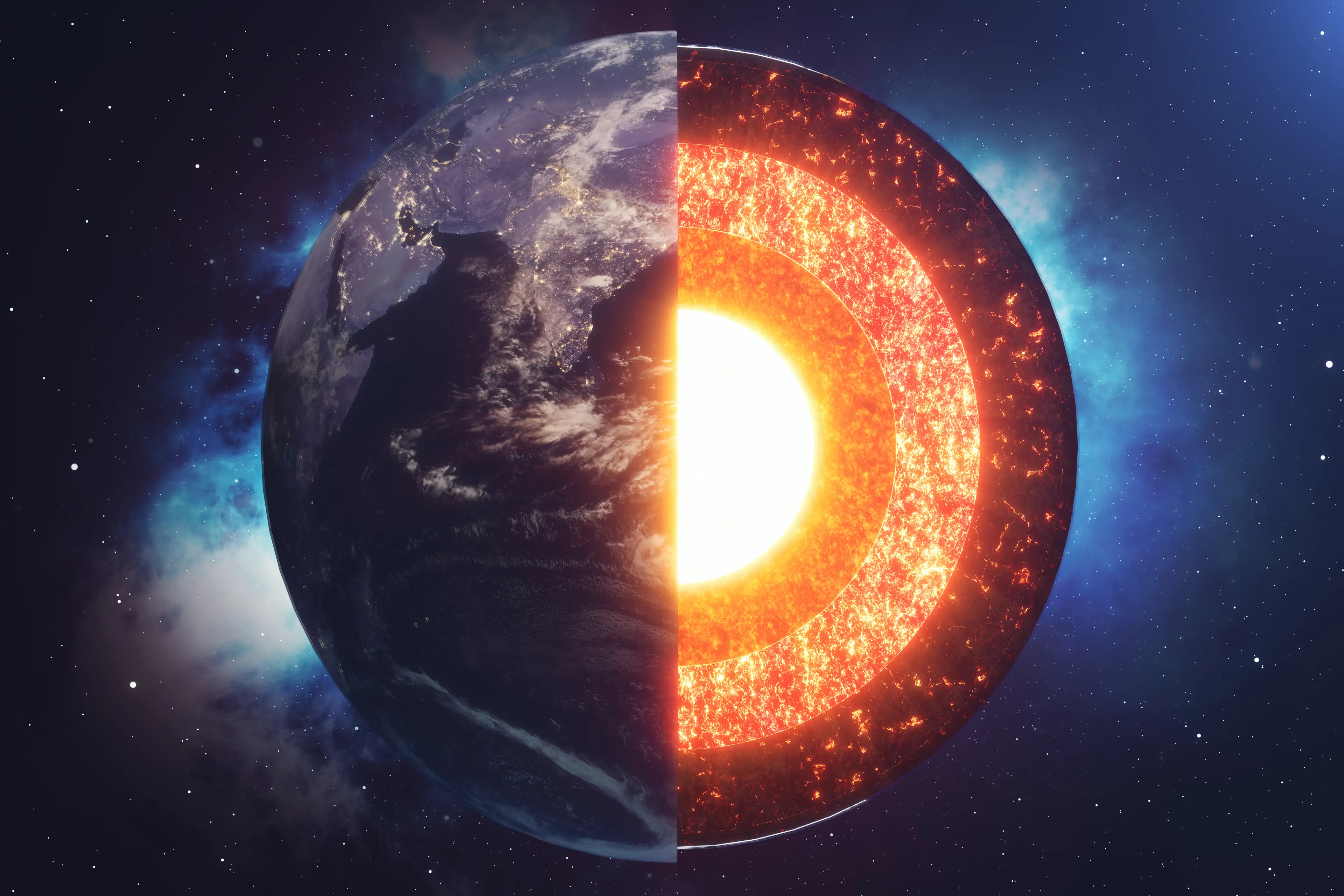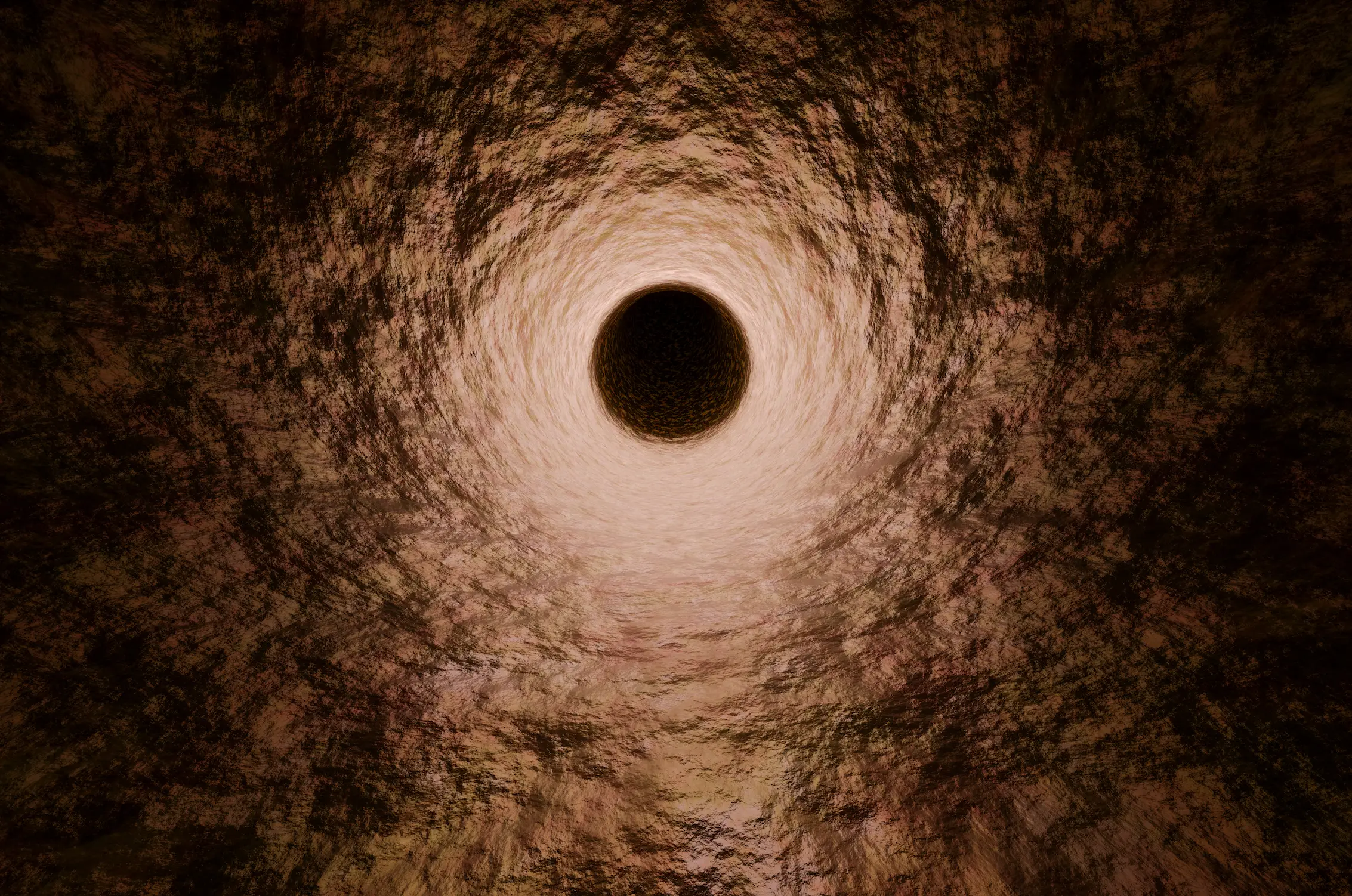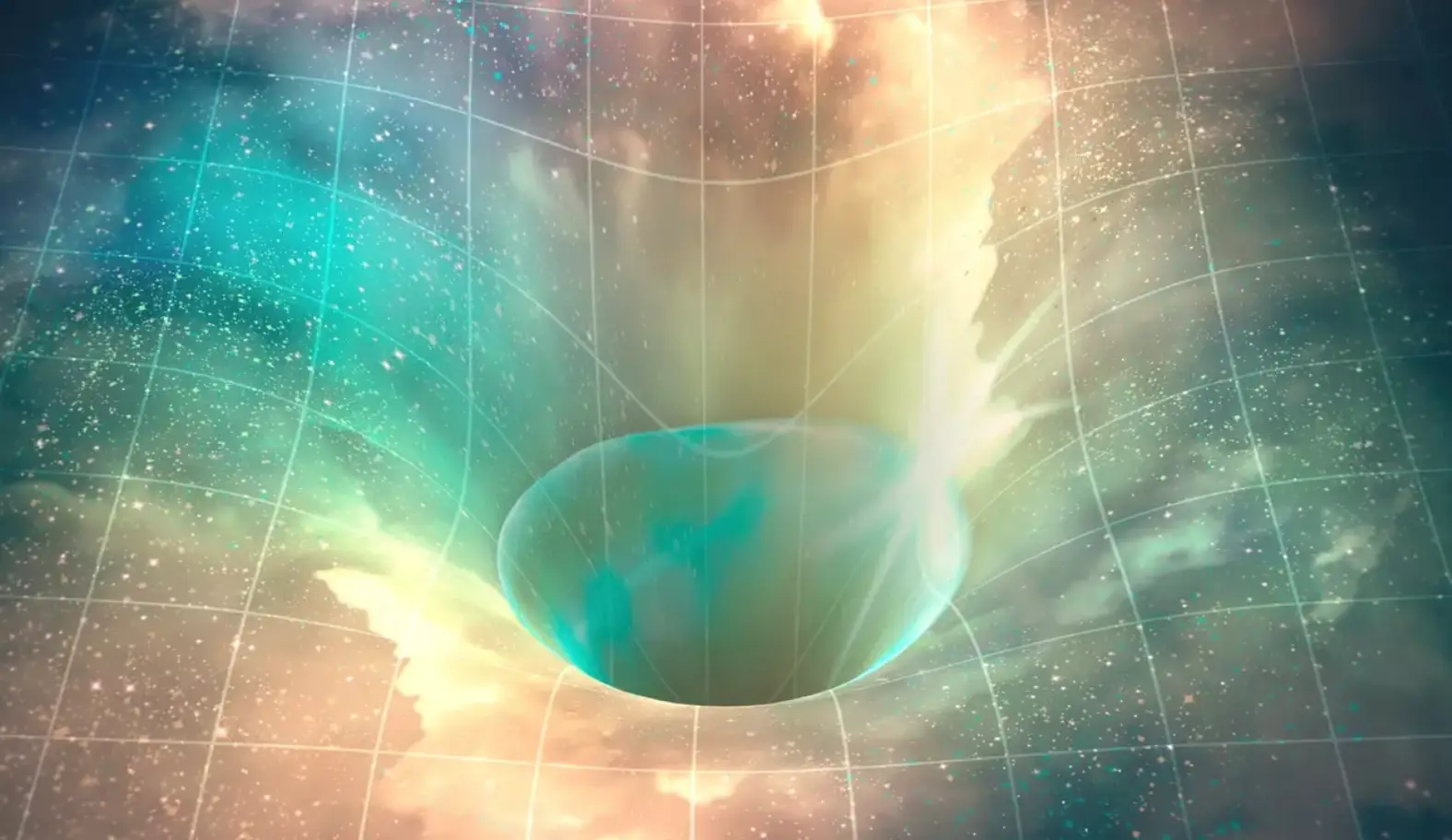There are still countless unanswered questions about life on Earth that scientists and explorers are yet to address.
But for now, they're rather occupied focussing on the planet's core, following a startling scientific discovery this week that water has slowly been leaking down there from the Earth's surface.
This is far from your average dripping tap, however, as the liquid itself has descended the tectonic plates, and following a 2,900 kilometre journey, has reached the Earth's core.
Though this is certainly a slow process, having been happening for over multiple billion years, and has therefore created a brand new surface between the molten metal of the outer core, and the outer mantle of the Earth.
Scientists working at Arizona State University have claimed that the leak is triggering a chemical reaction by which the new layer has been created.
They also claim this layer is already a "few hundred kilometres thick" - which sounds like a lot, but is actually "thin" when it comes to Earth's inner layers.
According to Dr Dan Shim, it had previously been believed that the material exchange between Earth's core and mantle is small.
"Yet, our recent high-pressure experiments reveal a different story," he explains.
“We found that when water reaches the core-mantle boundary, it reacts with silicon in the core, forming silica.
"This discovery, along with our previous observation of diamonds forming from water reacting with carbon in iron liquid under extreme pressure, points to a far more dynamic core-mantle interaction, suggesting substantial material exchange."
When it comes to what this actually means for us Earth-dwellers, the university has released an explanatory statement.
"This finding advances our understanding of Earth's internal processes, suggesting a more extensive global water cycle than previously recognised," it read.
"The altered ‘film’ of the core has profound implications for the geochemical cycles that connect the surface-water cycle with the deep metallic core."
Speaking of scientific discoveries, Dr Jakob van den Eijnden from the University of Warwick in the UK has this week discovered there's actually a way you're able to survive being plunged into a black hole.
Apparently, in order to survive spaghettification - which occurs when gravity is so strong that an object is stretched out - you must understand the difference between being sucked into a black hole directly and being caught in its gravity.
Black holes have an enormous gravitational field because they're so dense. In fact, this is often how we figure out where they are, by looking at their impact on their surroundings in space.
Dr van den Eijnden explained: "The difference between being captured by the gravity of the black hole and falling into it is like being on a river with a waterfall.
"If you are on the river, you are captured and moving towards the waterfall, but if you paddle fast enough, you can escape to the riverbank."
He continues: "Falling into the black hole is like going over the edge of the waterfall, where there is no chance of return."
So, if you're caught in the gravity of a black hole then it's possible to escape, as long as you don't get close enough to the 'event horizon', which is like going over the edge of the waterfall.
The more you know!

 Rhianna Benson
Rhianna Benson

